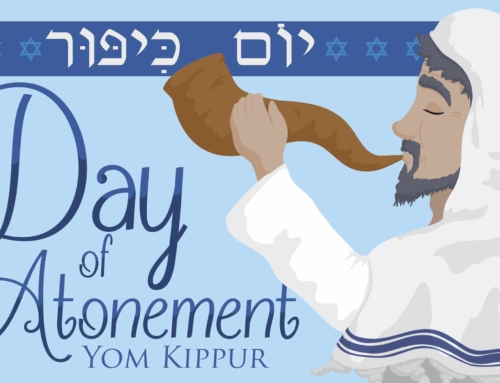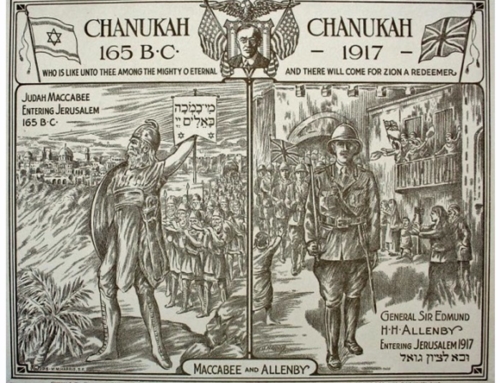By John David Pitcher Jr., MD
While putting together the sequel “I AM your brother” to “God in Person, El Shaddai”, I came across an uncommon word in Hebrews 11:17 and thought you all might enjoy this short article and accompanying sketch!!
“The One and Only” (contextual meaning)
Undoubtedly the most famous verse in the New Testament is John 3:16. It has been posted on billboards along highways, held up on posters at sporting events and even underneath the eyes of athletes. Perhaps everyone has heard of it.
When our son John was a young teenager, he was one of the pitchers for his baseball team. To protect his young arm, as an orthopaedic surgeon (and a dad) I would only let him throw one curve ball a game. When he really needed that last strike, I would yell out to him, “the one and only!” referring to John 3:16 and the only curve ball he was to throw that game! You know the verse, don’t you?
“For God so loved the world that he gave his one and only Son, that whoever believes in him should not perish, but have eternal life.”
The verse is so familiar to us but would you believe that there is a relatively uncommon word in the original Greek translation?
That relatively uncommon word is the word translated “one and only” and transliterated ‘monogena’. Like other words in the New Testament, it gets its contextual meaning from its first use of the Greek translation of the Tenakh made by the 70 Rabbis, the Septuagint. It is the Septuagint that the New Testament writers quoted from when they quoted the Hebrew Scripture but it is also how individual words were ascribed their contextual meanings by those same Rabbis.
To top it off, the word “one and only” has its first use in a very unusual section of the Hebrew Scripture. It only has four uses in the Septuagint and nine uses in the New Testament. (1, footnote below for further study)
Its first use in the Septuagint is within the account of Jephthah’s daughter. Jephthah was the great-grandson of Joseph through Manasseh and Gilead (Joshua 17:1) and the son of a prostitute (Judges 11:1).
It was at a time when the children of Israel who had done evil in the LORD’s sight cried out to the LORD for deliverance. They came to Jephthah and he vowed a vow to the LORD if by delivering up the LORD should deliver up the sons of Ammon into his hand.
Of note, “vowed a vow” and “by delivering up should deliver up” are both polyptonons, the use of the same root in two different forms of a word, adding emphasis to the phrase. The use of two polyptonons adds even more emphasis.
Jephthah vowed that whoever might come from the doors of his house in returning in peace, he would offer as a whole burnt-offering. Jephthah’s victory included 20 cities and coming back to Mizpeh (meaning watch tower, seen in the background of the accompanying sketch), his only child came out to meet him illustrated in the above sketch. Note the English translation of the Greek from the Septuagint:
“And Jephthah came to Mizpeh to his house. And behold, his daughter went forth for meeting him with tambourines and dancers and she was an only child. And there was not to him a son or daughter besides her.”
The Jewish sages have commented how foolish Jephthah was — how could he foresee if perhaps an unclean animal could have come from the door of his tent, let alone his one and only child? Within the context of the time in which he lived, Jephthah was far from knowing and understanding the ways of God.
In Hebrews 11:17 Paul refers back to Abraham’s binding of Isaac as his “one and only” son using the same word although it is not used in the account in Genesis and in the Messianic psalm 22 it is used in verse 20. It is its first use in the account of Jephthah’s daughter from which the contextual meaning is drawn. The only child is killed in sacrifice in celebration of peace from the enemy.
It was against the enemy sin that the Messiah fought and he was offered as the one and only Son of God. His was not a foolish sacrifice for he was unblemished by sin but he was the one and only unblemished sacrifice that could have paid the price for all those that would call on his name for deliverance. It is his sacrifice that brings those that would believe in him into peace with God.
Romans 5:10 sums it up for us:
“For if while we were enemies, we were reconciled to God through the death of his Son, much more, being reconciled, we will be saved by his life.”
And in Colossians 1:21-22:
“You, being in past times alienated and enemies in your mind in your evil deeds, yet now he has reconciled in the body of his flesh through death, to present you holy and without defect and blameless before him.”
Have you called upon Yeshua the Messiah for deliverance in this day and age when it seems the world is far from knowing and understanding the ways of God? Any other vow for deliverance is truly foolish.
You cannot save yourself nor can you offer anything of worth to bring salvation into your life.
It is only Yeshua the Messiah that can and has offered the sacrifice that brings peace to the relationship between God and Man.
He by delivering should deliver up all those that vow the vow to him by his unblemished sacrifice of himself upon that Cross, and raising from the dead which means victory and peace to all that are saved by his life. Ask him to be the Lord and Savior of your life and he will bring victory from sin and peace with God that we all so desperately need.
(1) Judges 11:34; Psalm 22:20; 25:16; 35:17; Luke 7:12; 8:42; 9:38; John 1:14, 18; 3:16, 18; Hebrews 11:17; 1 John 4:9.
Moshe Reiss, author of “Messengers of God,” offers this thoughtful article about this controversial biblical account.
http://jbq.jewishbible.org/…/Uploads/371/371_jephthahs.pdf








Leave A Comment